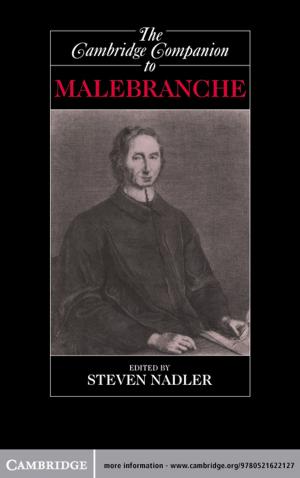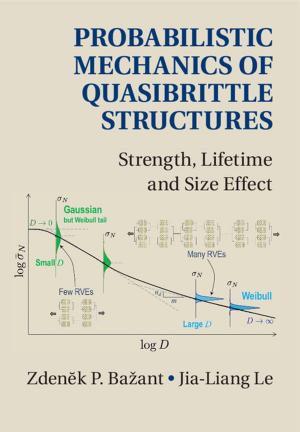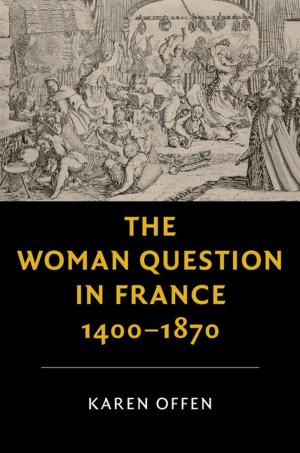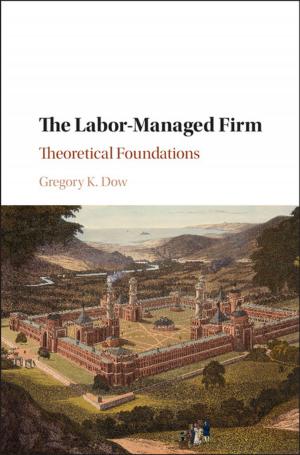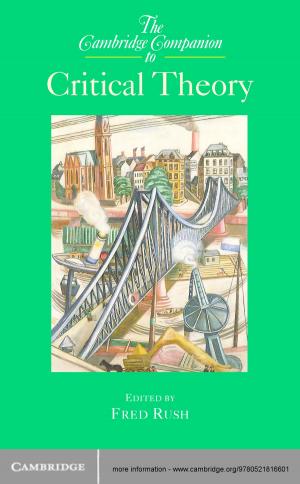Shakespearean Arrivals
The Birth of Character
Fiction & Literature, Literary Theory & Criticism, Drama History & Criticism, British| Author: | Nicholas Luke | ISBN: | 9781108386630 |
| Publisher: | Cambridge University Press | Publication: | January 11, 2018 |
| Imprint: | Cambridge University Press | Language: | English |
| Author: | Nicholas Luke |
| ISBN: | 9781108386630 |
| Publisher: | Cambridge University Press |
| Publication: | January 11, 2018 |
| Imprint: | Cambridge University Press |
| Language: | English |
In this distinctive study, Nicholas Luke explores the abiding power of Shakespeare's tragedies by suggesting an innovative new model of his character creation. Rather than treating characters as presupposed beings, Luke shows how they arrive as something more than functional dramatis personae - how they come to life as 'subjects' - through Shakespeare's orchestration of transformational dramatic events. Moving beyond dominant critical modes, Luke combines compelling close readings of Romeo and Juliet, Othello, Hamlet, Macbeth, and King Lear with an accessible analysis of thinkers such as Badiou, Žižek, Bergson, Whitehead and Latour, and the 'adventist' Christian tradition flowing from Saint Paul through Luther to Kierkegard. Representing a significant intervention into the way we encounter Shakespeare's tragic figures, the book argues for a subjectivity which is not singular or abiding, but perilous and leaping.
In this distinctive study, Nicholas Luke explores the abiding power of Shakespeare's tragedies by suggesting an innovative new model of his character creation. Rather than treating characters as presupposed beings, Luke shows how they arrive as something more than functional dramatis personae - how they come to life as 'subjects' - through Shakespeare's orchestration of transformational dramatic events. Moving beyond dominant critical modes, Luke combines compelling close readings of Romeo and Juliet, Othello, Hamlet, Macbeth, and King Lear with an accessible analysis of thinkers such as Badiou, Žižek, Bergson, Whitehead and Latour, and the 'adventist' Christian tradition flowing from Saint Paul through Luther to Kierkegard. Representing a significant intervention into the way we encounter Shakespeare's tragic figures, the book argues for a subjectivity which is not singular or abiding, but perilous and leaping.








